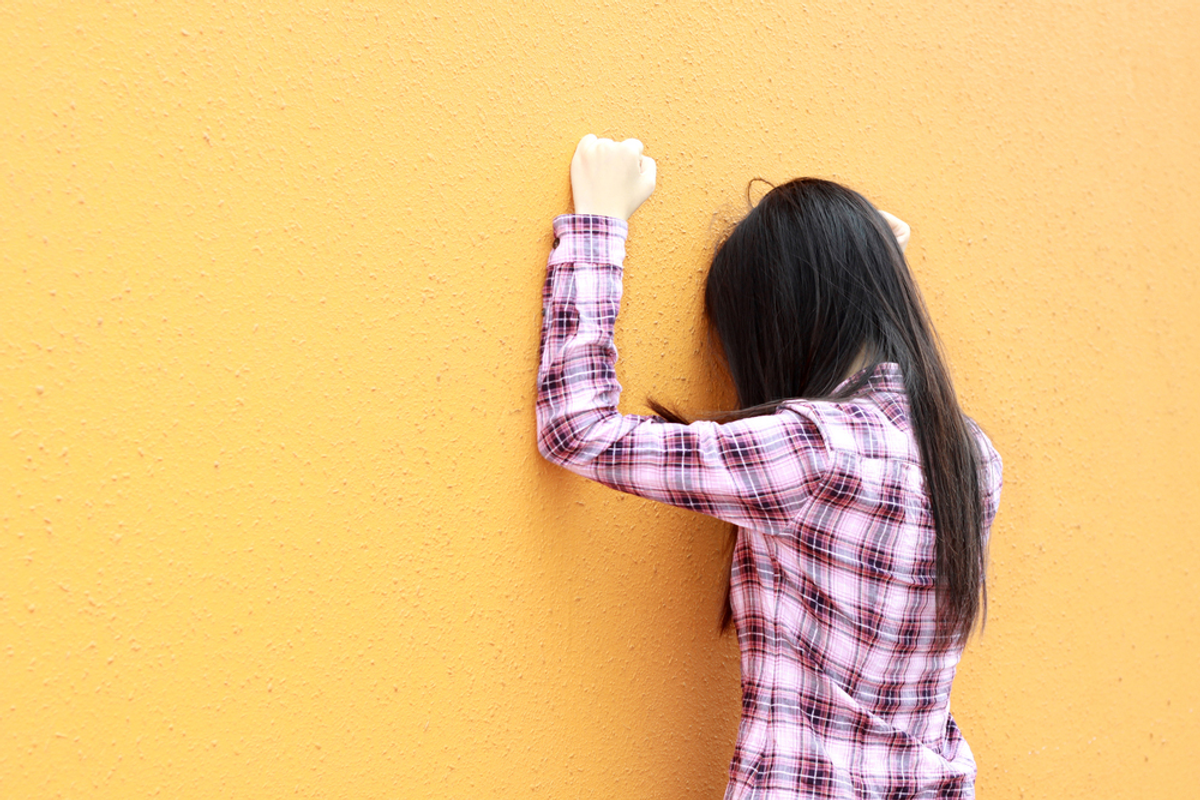BEIJING, China -- The woman in the photos is bruised and battered, one ear bleeding, a goose egg on her forehead. As she posted the pictures online, she wrote of being beaten by her husband, the well-known businessman.
 The very public, recent airing of what many Chinese consider a private affair came as a shock. It generated thousands of online responses, from support for the woman to criticism of her for making her abuse public. After a more than a week of silence, Li Yang, the founder of "Crazy English" language training, finally apologized for beating his American wife.
The very public, recent airing of what many Chinese consider a private affair came as a shock. It generated thousands of online responses, from support for the woman to criticism of her for making her abuse public. After a more than a week of silence, Li Yang, the founder of "Crazy English" language training, finally apologized for beating his American wife.
The case shed light on a problem not often discussed in China, but one that experts say is pervasive here. There are no official statistics, in part because there's no specific law against domestic violence.
A report from the All China Women's Federation released last year found that 64 percent of Chinese adults have experienced violence at home at some point. Another study from from the China Law Institute estimates that more than one-third of Chinese families have experienced domestic abuse and the vast majority of victims are women.
Yet this is also a society where few people are willing to talk openly about domestic abuse. It's unusual to discuss one's private problems outside the home, and domestic violence is still largely considered a family affair.
Advocates hope the pending passage of the country's first domestic-abuse law could change that, and make families more aware of the problem.
Thirty years ago, Beijing resident and women's rights activist Wang Xingjuan saw the problem worsen when China began restructuring its economy and closing down state-owned companies, laying off thousands of workers in the process. Laid-off, unemployed men would often take out their anger and depression in violence against their wives, Wang recalled.
In an attempt to combat the trend, Wang opened China's first help center for both victims of domestic abuse and abusers in the Chinese capital. The center, which now operates a domestic-abuse hotline, counseling services and a host of other services, appears to get busier as China gets wealthier and more developed.
Wang said better awareness may have led to people reporting more instances of abuse, but she thinks it's more likely that the anecdotal increase she has seen stems from economic changes and a rising income gap contributing to greater family problems.
Beneath it all, prevailing cultural attitudes toward women and about violence remain problematic.
"Chinese women feel ashamed when this happens to them, and there are still so many people who think it's a normal event," said Wang, a silver-haired woman whose office is decorated with photos of her with Hillary Clinton and other female Chinese activists.
"It's a slow process. We've had hundreds of years where men were simply allowed to beat their wives," she said. "The culture is deeply rooted, and for many, it's still taken for granted that women are inferior to men."
Even the response by Li Yang, the language-training leader whose wife outed his abuse online, was telling.
Li admitted the violence in a post on his Weibo account Saturday, saying: "I wholeheartedly apologize to my wife, Kim, and my girls for committing domestic violence. This has caused them serious physical and mental damage."
Yet in an interview with the Global Times newspaper, he was less than contrite, saying of his wife: "She ruined my career and my image, which I have spent 20 years building."
"But, I was afraid of saying something stupid that I would regret my whole life," Li said of his days of silence. "So I chose to cool down and continue my work instead of facing it."



Shares